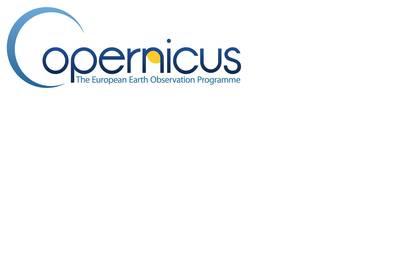On 11 December, the European Union's Commission announced the renaming of the European Commission’s Earth Observation Programme, previously known as GMES (Global Monitoring for Environment and Security). GMES is now called Copernicus.
In a world facing an increased risk of natural and other disasters Copernicus aims to monitor the state of the environment on land, at sea and in the atmosphere and also to improve citizens' security. At the same time, Copernicus is a driver for economic growth and employment, with the potential to create up to 85 000 new jobs over the period 2015-2030, according to a recent study.
European Commission Vice President Antonio Tajani, Commissioner for Industry and Entrepreneurship, said: "By changing the name from GMES to Copernicus we are paying homage to a great European scientist and observer: Nicolaus Copernicus. As he was the catalyst in the 16th century to better understand our world, so the European Earth Observation Programme gives us a thorough understanding of our changing planet, enabling concrete actions to improve the quality of life of the citizens. Copernicus has now reached maturity as a programme and all its services will enter soon into the operational phase. Thanks to greater data availability user take-up will increase, thus contributing to that growth that we so dearly need today”.

